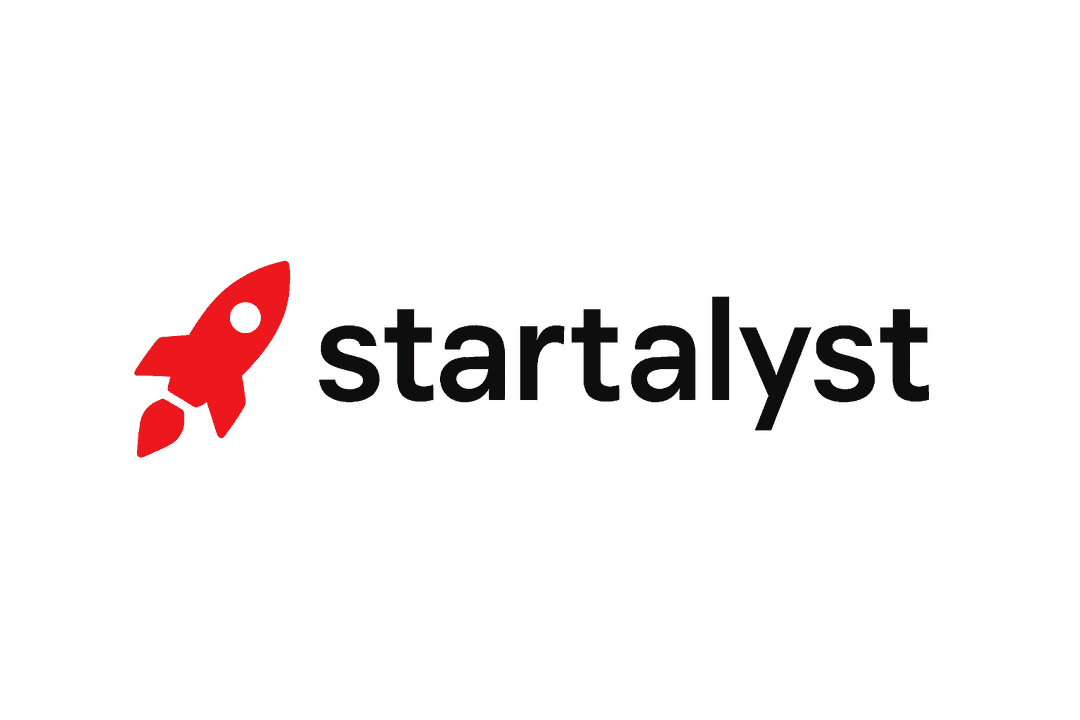Fitness Business Ideas Starter Guide
How to Get the Best Results
Start by combining what you already do well with one clear target market, then pick one offer and test it for four weeks. Keep the first offer simple: a paid trial, a class series, or a single coaching package that you can deliver reliably.
Use inexpensive channels to learn quickly: local partnerships, a focused ad test, or organic social posts aimed at a niche. Track signups, retention, and cost per acquisition so you can iterate toward the most profitable fitness business ideas.
Step 1 — Who are you?
Identify your professional background and the single skill you want to lean on when launching fitness business ideas.
- Personal trainer — coaching — You can convert one-on-one sessions into scalable small-group programs that boost margins.
- Physiotherapist — rehab expertise — You can offer injury-focused courses that command higher prices and build trust.
- Yoga instructor — mind-body instruction — You can create specialty series for stress management and corporate wellness clients.
- Gym owner — operations — You can bundle space rental and programming to host niche fitness workshops with predictable cash flow.
- Nutritionist — meal planning — You can pair diet plans with hybrid coaching packages to increase lifetime value.
- Fitness blogger — content creation — You can monetize an engaged audience with paid programs and digital products.
- Ex-athlete — performance coaching — You can attract amateur athletes for specialized camps and online training plans.
- Corporate HR pro — workplace wellness — You can package lunchtime classes and wellness challenges for steady contracts.
Step 2 — Add interests & skills
List the interests and practical skills that excite you and then match each to a type of fitness business idea you could realistically launch.
- Small-group training You can price per member and scale by running multiple sessions per week.
- Online coaching You can deliver programs through video calls and reusable plan templates to reach beyond your locality.
- Nutrition coaching You can bundle meal plans with training programs to increase average order value.
- Mobility and corrective work You can attract clients who want longer-term plans and higher retention.
- HIIT programming You can run efficient morning classes that fit busy schedules and sell class packs.
- Senior fitness You can create low-impact classes that clinics or community centers will promote.
- Prenatal and postnatal fitness You can build trust with mothers and offer follow-up programs for new parents.
- Corporate wellness You can provide on-site sessions and virtual challenges that corporate buyers will contract annually.
- Video production You can produce professional workout videos that sell as a subscription or one-off bundles.
- Event coordination You can run fitness pop-ups and weekend retreats that generate marketing buzz and premium revenue.
- Social media marketing You can grow a local audience quickly to fill classes and generate referrals.
- App or tool development You can create simple habit-tracking utilities to complement paid coaching services.
- Equipment sourcing You can offer rental sets for bootcamps or starter kits for home workout clients.
- Group challenge design You can run timed challenges that increase engagement and recurring purchases.
- Sales and closing You can convert trials into memberships with a clear follow-up funnel.
Step 3 — Set available capital
Decide how much you can invest up front, then pick ideas that match that budget so you can get to market fast.
- ≤$200 You can start with local group classes, social media promotion, and minimal gear to test demand quickly.
- $200–$1000 You can produce high-quality videos, buy portable equipment, and run small ad tests to build a client list.
- $1000+ You can invest in a branded website, an app or booking system, and larger ad campaigns to scale faster.
Step 4 — Choose weekly hours
Be honest about the time you can commit each week so you pick fitness business ideas that fit your schedule and growth goals.
- 5–10 hours per week You can run one or two small online programs and handle client check-ins asynchronously.
- 10–20 hours per week You can teach multiple weekly group classes and manage basic marketing and sales funnels.
- 20+ hours per week You can scale to hybrid models with in-person classes, online memberships, and paid advertising.
Interpreting your results
- Match the most frequent combinations from Steps 1–4 to a simple offer you can launch in four weeks.
- Prioritize ideas that need little capital and that you can test in a single neighborhood or online niche.
- Measure three numbers during your test: signups, cost per signup, and retention after the first month.
- Use customer feedback to refine pricing, class length, and the channel that drives the best leads.
- Plan a clear next move: double down on what works, add a higher-ticket upsell, or systematize delivery for hiring.
Use the generator above to mix backgrounds, skills, budgets, and time commitments until a concise list of actionable fitness business ideas emerges that you can test this week.
